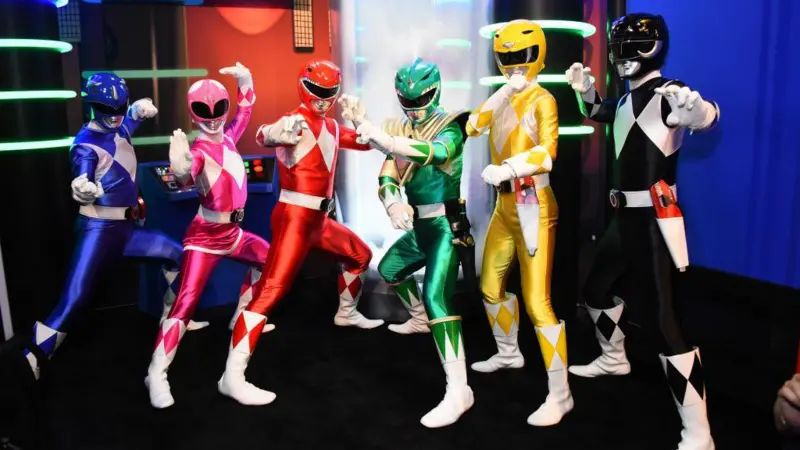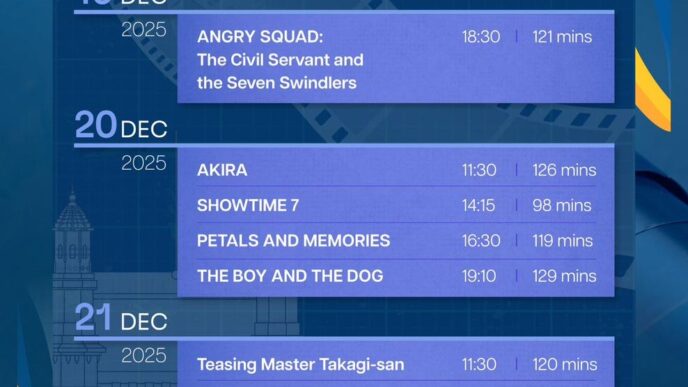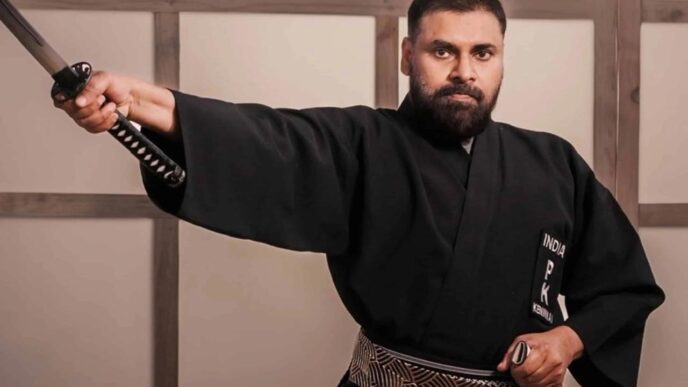Japanese media outlets report that the long-running tokusatsu franchise Super Sentai, which first aired in 1975 and inspired the American hit Mighty Morphin Power Rangers, is set to conclude in early 2026 following 50 years of weekly television.
Here’s a deeper dive into what this means, why it’s happening, and what the legacy will be:
A brief history
- The franchise launched with Himitsu Sentai Gorenger on April 5 1975.
- Each year a new team appears, typically five colour-coded heroes (red, blue, yellow, pink, etc.) battling evil forces, using special suits and giant robots (“mecha” or “zords”).
- The franchise has grown into 49 seasons and has been a foundation of Japan’s tokusatsu (special effects) superhero scene.
- Its format and footage were adapted in the US into Power Rangers, launched in 1993, making the original Japanese vision globally influential.
Why is it ending?
According to reports, several key reasons:
- Production costs have risen sharply and perhaps exceeded the revenue from ancillary streams (toys, events, film tie-ins) tied to the series.
- Merchandise sales, live-events and other tie-ins are reportedly no longer sufficiently offsetting costs.
- The current series (No. 1 Sentai Gozyuger) which began airing in February 2025 is slated to be the final season, ending in 2026.
However:
- Official confirmation from the producer (Toei Company) or broadcaster (TV Asahi) remains not fully public. There is speculation this may instead be a “rebranding” rather than a full end.
What does this mean for pop-culture and fans?
- For generations of viewers in Japan (and many overseas), Super Sentai has been a rite of passage. Many Japanese actors launched their careers in Sentai roles.
- It also helped crystallise the template of team-based masked heroes influencing not only Power Rangers but other global shows.
- The end of the series marks a significant moment in television history—a 50-year continuous run of a franchise is rare.
Fans have expressed sadness and nostalgia across social platforms.
“My parents watched Super Sentai when they were kids, and now I do too. I’ll miss it.”
Legacy & future
- Even if the exact format ends, the impact remains: the aesthetic, storytelling, merchandising model and cultural imprint will persist.
- The series’ footprint lives on via Power Rangers and other adaptations.
- It raises questions: Will there be a successor franchise? A new format? Or perhaps a streaming-only model? Some fans speculate about a re-branding rather than outright cancellation.
Why this matters globally
- For Western audiences familiar with Power Rangers, this is a reminder of its Japanese origin and the depth of that cultural pipeline.
- It also highlights how children’s entertainment, merchandising, television production economics and globalisation interact; when tie-in merchandising drops, even strong brand franchises struggle.
- It underscores the evolution of viewer habits: streaming, global fandom, and cross-media tie-ins are more complex today than in the 1970s-80s.
Read Also: Japanese Filmmaker Weaves WWII Love Story in India
In summary
The decision (or reported decision) to end Super Sentai after 50 years is both an end of an era and a moment of reflection. While the core show may conclude, its influence on tokusatsu, global children’s programming, merchandising models and pop culture more broadly is firmly established. Fans and industry watchers alike will be watching how the legacy transitions: whether via spin-offs, re-brands or entirely new directions.
Originally written by: Author, Joel Guinto
Link to the article: https://www.bbc.com/news/articles/c397rej7dyxo

















